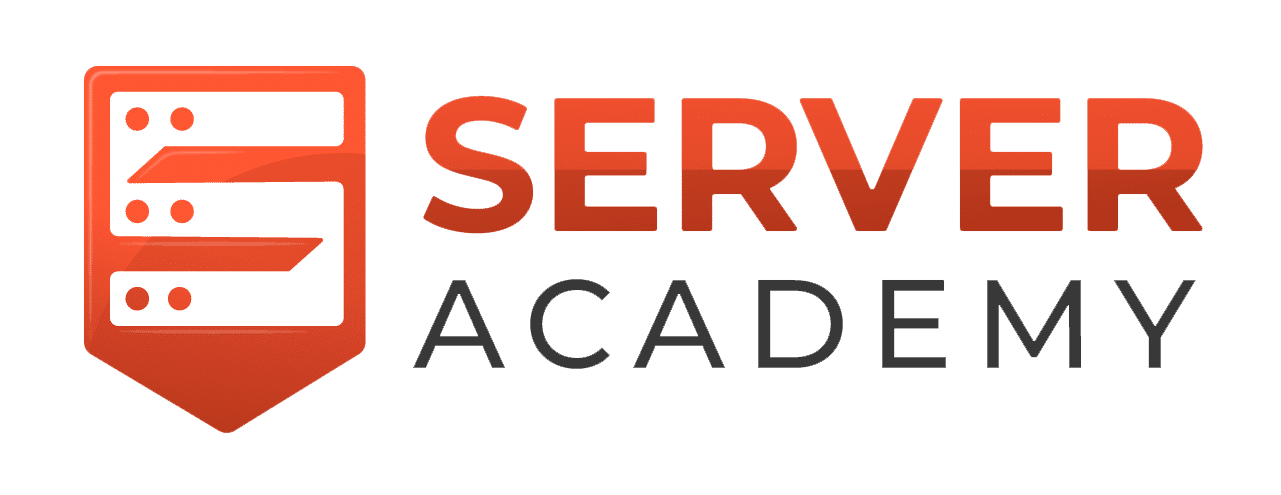Course Introduction

Full-Access Members Only
Sorry, this lesson is only available to Server Academy Full-Access members. Become a Full-Access member now and get instant access to this and many more premium courses. Click the button below and get instant access now.
Instructions
Q&A (0)
Notes (0)
Resources (0)

Saving Progress...
Resources
There are no resources for this lesson.
Notes can be saved and accessed anywhere in the course. They also double as bookmarks so you can quickly review important lesson material.
Welcome to the "Ansible: Beginner to Advanced" course. In this comprehensive journey, you'll learn everything from the basics of Ansible to advanced playbook creation. Ansible is an incredible automation tool used in DevOps for configuration management, application deployment, and task automation. By the end of this course, you'll be proficient in using Ansible to manage your IT infrastructure efficiently.
Section 1: Understanding Ansible
We'll start with the basics. You'll learn what Ansible is, why it's so popular in the IT industry, and how it fits into the DevOps culture. This foundational knowledge will set the stage for everything that follows..
Section 2: IT Lab Setup
Before diving into Ansible, you'll need a lab environment. You'll learn how to set up a personal lab using VirtualBox and install Ubuntu Server on your virtual machines (VMs). This hands-on experience is crucial for practicing Ansible tasks.
Section 3: Installing Ansible
Here, we'll cover the installation process of Ansible on different platforms, VirtualBox VMs, and directly on Ubuntu Server. This ensures that regardless of your operating system, you'll be able to use Ansible effectively.
Section 4: Managing Your Ansible Inventory
Understanding and managing your Ansible inventory is key. You'll learn to manage your Ansible inventory and deploy SSH keys, followed by an inventory quiz and a lab to solidify your learning.
Section 5: Ansible Basics
We'll dive into the core concepts of Ansible, including YAML syntax, playbooks, and ad-hoc commands. You'll learn about best practices for Ansible directory layouts and create your first playbook. Quizzes and labs will help reinforce your understanding.
Section 6: Ansible Variables and Templates
This section covers advanced topics like variables, Ansible facts, Ansible Vault for secure password storage, Jinja2 templating, and variable precedence. After a comprehensive quiz, you'll apply your knowledge in a practical lab.
Section 7: Ansible Galaxy
Ansible Galaxy is an essential resource for any Ansible user. You'll learn how to navigate the Galaxy website, use roles and collections from the community, and then test your knowledge with a quiz and lab.
Section 8: Ansible Roles
Roles are a key part of Ansible for organizing complex playbooks. You'll learn to initialize and structure roles, followed by a quiz and lab to practice these concepts.
Section 9: Advanced Ansible Playbook Creation
In this section, you'll explore advanced playbook features like tags, templating files, conditional statements, loops, and specific code replacements. This knowledge is vital for creating sophisticated Ansible playbooks.
Section 10: Course Conclusion
We'll wrap up with a review of everything you've learned. This final section will help consolidate your knowledge and prepare you for using Ansible in real-world scenarios.

Server Academy Members Only
Sorry, this lesson is only available to Server Academy Full Access members. Become a Full-Access Member now and you’ll get instant access to all of our courses.


